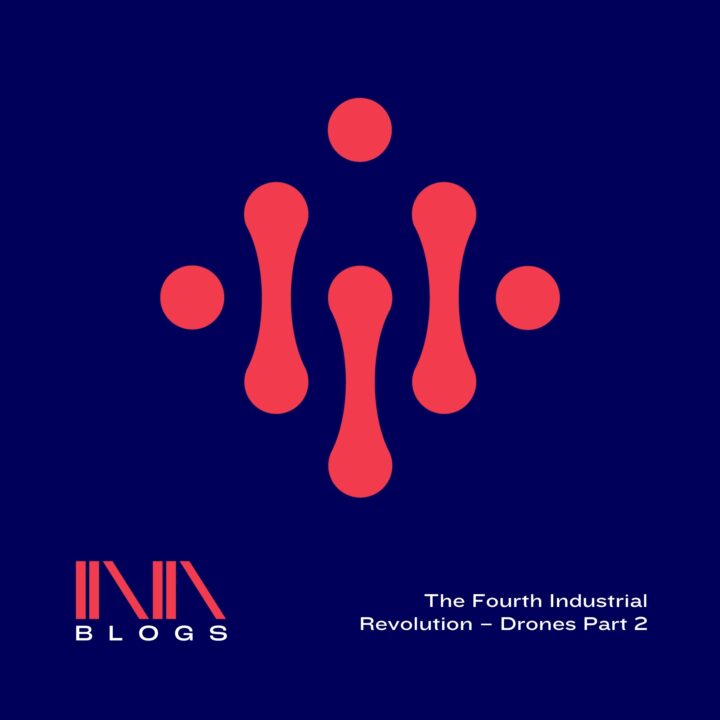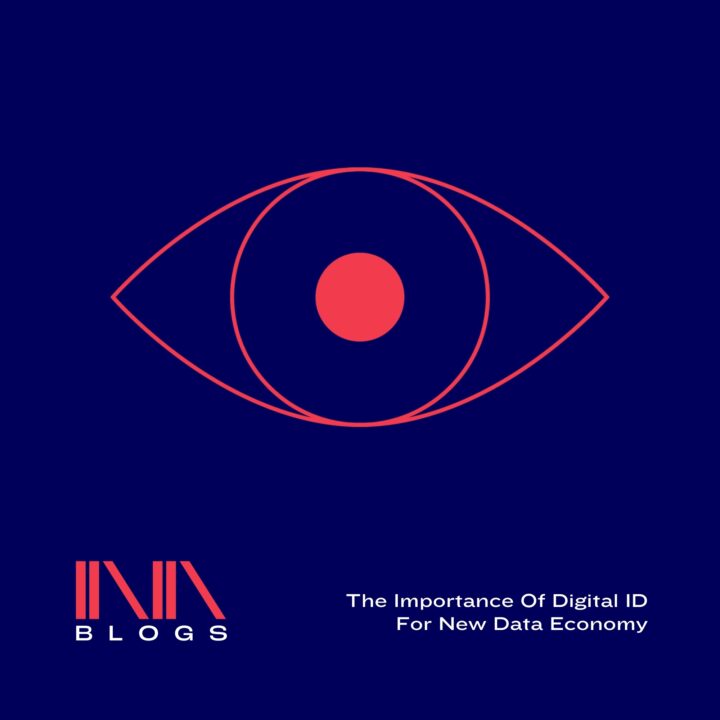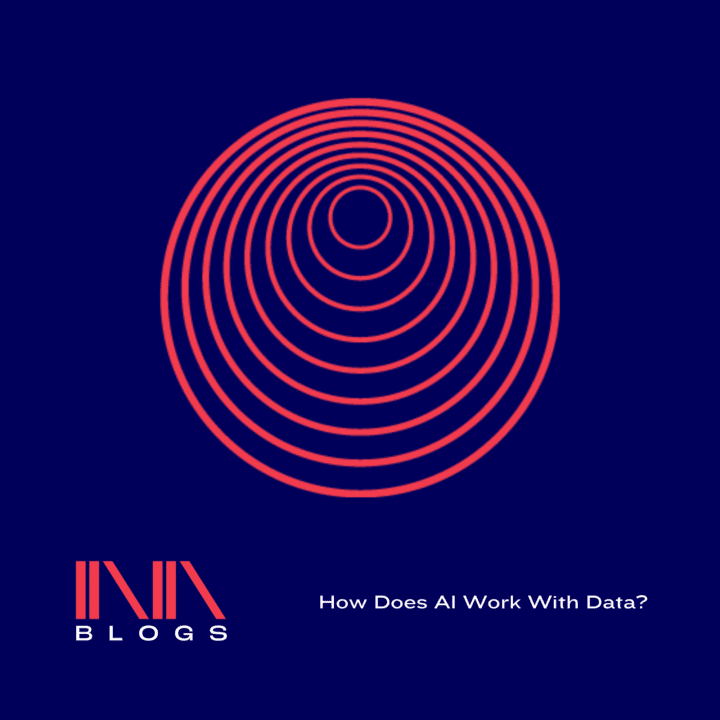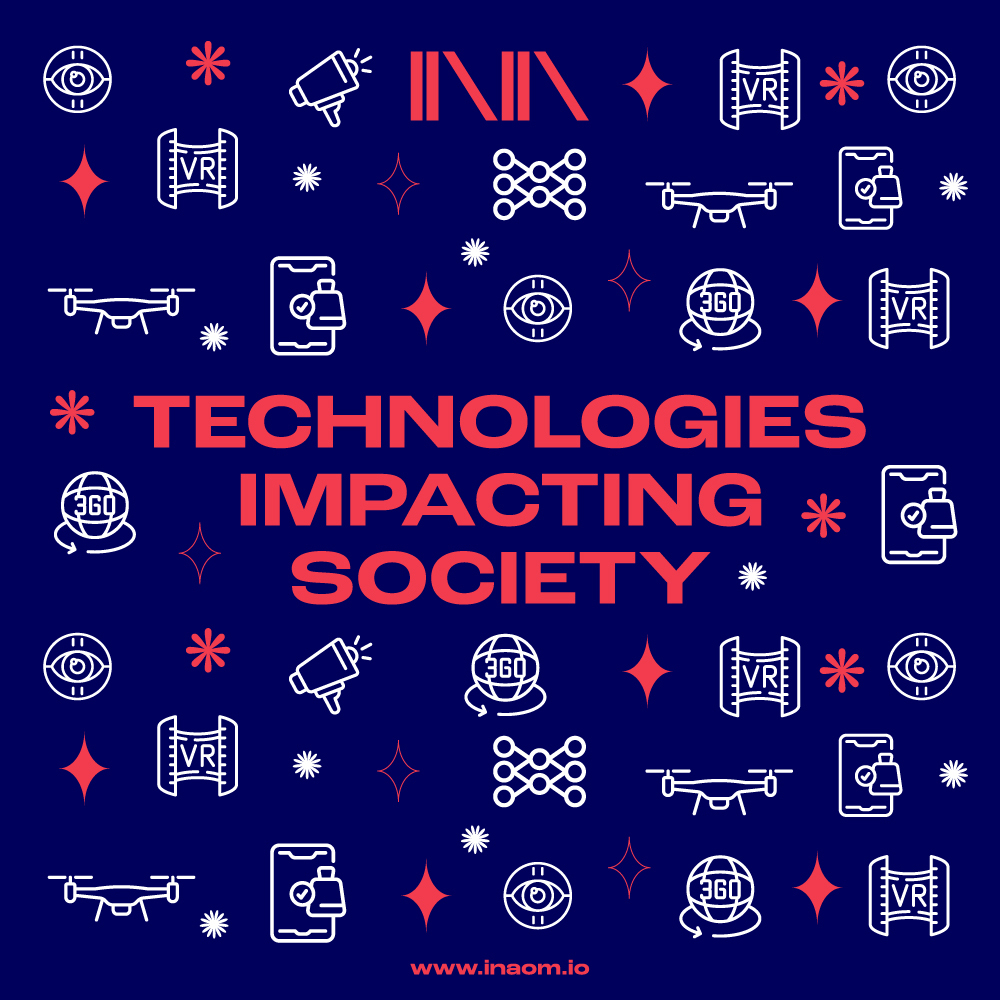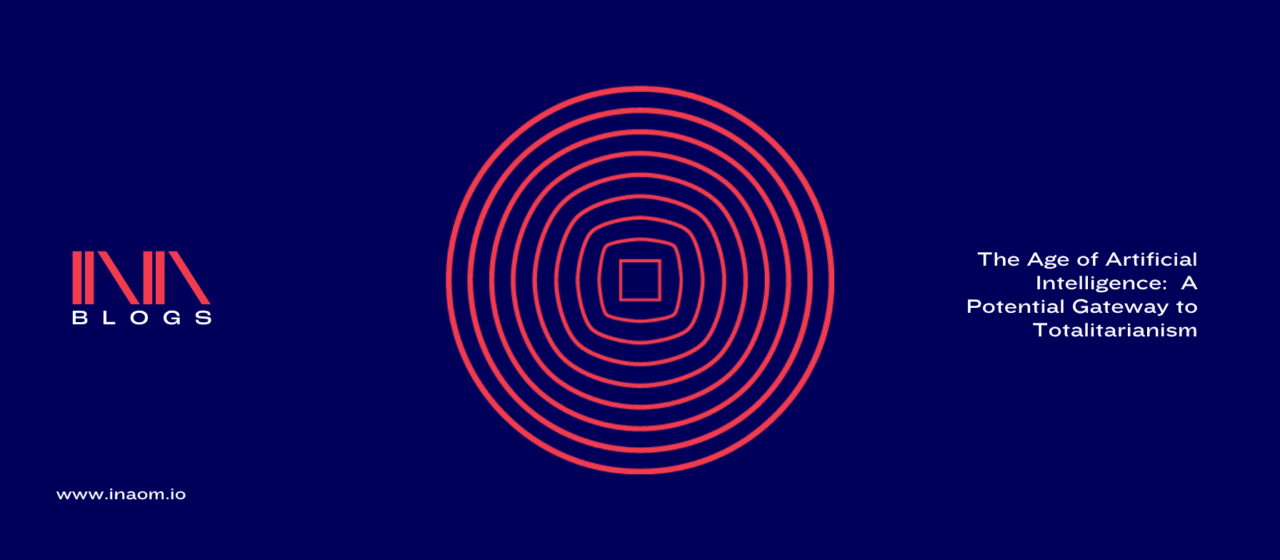
In an era marked by rapid technological advancements, the rise of artificial intelligence (AI) stands as one of the most significant developments. The Age of Artificial Intelligence: A Potential Gateway to Totalitarianism raises thought-provoking questions about the intersection of AI and societal control. This article delves into the potential implications of AI on individual freedom, privacy, and the broader implications for society. By examining both the risks and benefits of this technological frontier, we can better navigate the path forward.
The Age of Artificial Intelligence
Artificial Intelligence, often heralded as the future of innovation, has the potential to usher in a new era of technological progress and convenience. However, the rapid evolution of AI also raises concerns about its potential misuse. The Age of Artificial Intelligence: A Potential Gateway to Totalitarianism posits the question: Could AI inadvertently pave the way to a dystopian future characterised by widespread control and surveillance?
The Looming Threat to Privacy
As AI systems become more sophisticated, they gain the ability to process and analyze vast amounts of data. This data-driven approach to decision-making, while offering unprecedented insights, also poses a serious threat to personal privacy. The Age of Artificial Intelligence: A Potential Gateway to Totalitarianism explores the potential for governments and corporations to exploit AI technologies for mass surveillance, eroding individuals’ right to privacy.
Balancing Security and Freedom
The challenge lies in striking a delicate balance between security and individual freedom. While AI-powered surveillance systems can enhance public safety by identifying potential threats, they also risk overstepping boundaries and infringing upon citizens’ civil liberties. This section of the article discusses the complexities of finding the right equilibrium in a world dominated by AI technologies.
The Ethical Quandaries of AI Control
Ethical considerations surrounding AI are at the forefront of discussions about its potential totalitarian implications. The Age of Artificial Intelligence: A Potential Gateway to Totalitarianism delves into the dilemmas of assigning AI systems control over vital aspects of human life, from healthcare to criminal justice. Examining the ethical dimensions of this issue is crucial for ensuring responsible AI deployment.
The Role of Regulation and Governance
To prevent the misuse of AI and potential drift towards totalitarianism, robust regulations and governance mechanisms are essential. This section examines the role of international bodies, governments, and tech companies in establishing ethical guidelines and safeguards to ensure AI’s responsible and transparent use.
Harnessing AI for Societal Good
While concerns abound, it’s important to recognize AI’s potential for societal good. The Age of Artificial Intelligence: A Potential Gateway to Totalitarianism highlights the positive impact of AI in fields such as healthcare, education, and disaster response. By harnessing AI for benevolent purposes, we can unlock its full potential while mitigating potential risks.
Redefining Human-AI Collaboration
Rather than framing AI as a potential adversary, experts advocate for redefining human-AI collaboration. The article explores how AI can be employed to augment human capabilities, fostering a partnership that capitalises on AI’s computational power while preserving human ingenuity and decision-making.
The Technological Arms Race
The global landscape of AI development is characterised by a race for technological supremacy. Nations vie to lead in AI advancements, which can have profound geopolitical implications. The Age of Artificial Intelligence: A Potential Gateway to Totalitarianism discusses the potential consequences of this race and its impact on the delicate balance between innovation and control.
Protecting Democratic Values
Preserving democratic values in the face of AI’s rise is a central concern. This section delves into the ways AI could either bolster or undermine democratic institutions, exploring strategies to safeguard transparency, accountability, and citizen participation in the decision-making processes influenced by AI.
The Fine Line Between Prediction and Prejudice
AI systems, while capable of unbiased analysis, can inadvertently perpetuate existing biases present in training data. The Age of Artificial Intelligence: A Potential Gateway to Totalitarianism highlights the risks of AI reinforcing societal prejudices and the importance of addressing bias to ensure just and equitable outcomes.
Empowering Individuals Through AI Literacy
Promoting AI literacy is paramount to navigate the potential pitfalls of AI-driven totalitarianism. This section underscores the need for educating individuals about AI technologies, enabling them to make informed decisions and actively participate in shaping AI’s role in society.
Conclusion
In conclusion, The Age of Artificial Intelligence: A Potential Gateway to Totalitarianism presents a complex landscape where AI’s potential for both positive transformation and societal control coexist. By embracing ethical considerations, fostering collaboration, and establishing robust governance, we can harness AI’s potential for the betterment of humanity while guarding against its potential misuse. As we navigate this technological frontier, the path forward must be marked by vigilance, responsibility, and a commitment to safeguarding individual rights and democratic values.
Frequently Asked Questions (FAQs)
Can AI be used to manipulate public opinion?
Yes, AI can analyse vast amounts of data to create targeted content that influences public opinion, potentially being exploited by regimes for propaganda.
Is AI capable of making unbiased decisions?
AI systems can perpetuate biases present in training data. Efforts are being made to develop algorithms that mitigate biases and ensure fairness.
How can societies prevent AI-driven surveillance from going too far?
Safeguards like transparent regulations, independent oversight, and public discourse can help prevent excessive AI-driven surveillance.
Can AI be a tool for democratising information?
Yes, AI can enable the dissemination of knowledge and empower individuals with information, countering attempts at censorship.
What role does education play in mitigating AI-related risks?
Educating the public about AI’s capabilities and risks is crucial to fostering informed discussions and responsible technological adoption.
Are there global initiatives addressing AI governance?
Yes, organisations like the United Nations are working to establish international norms and standards for AI governance.

